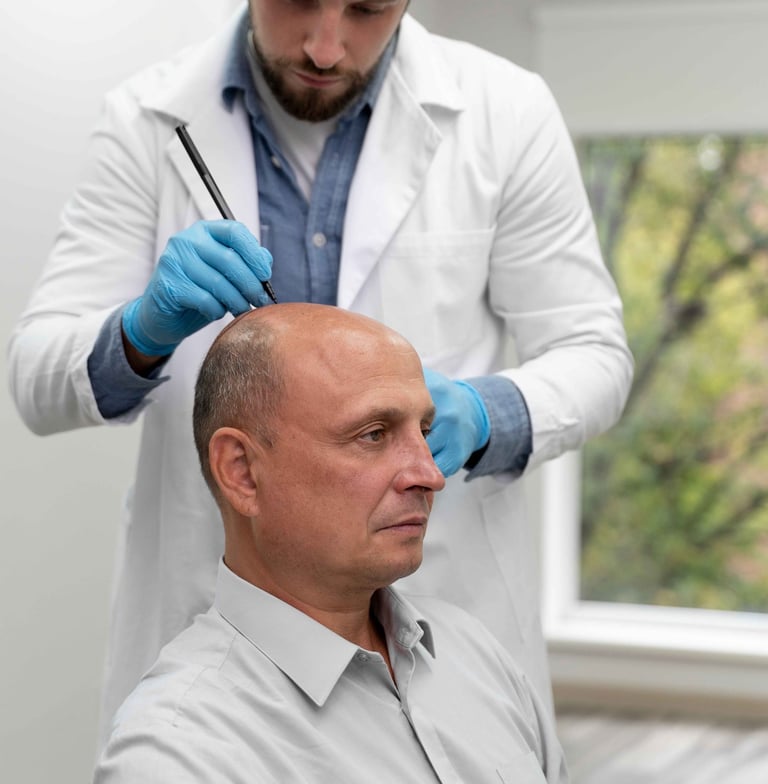

Through advanced micrograft hair transplant techniques, follicular units are transplanted with precision to achieve a natural and permanent result.
The effective solution to combat hair loss
Find out if you're a candidate for a hair transplant!
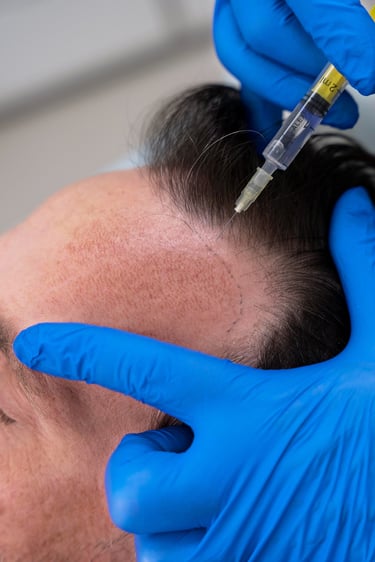
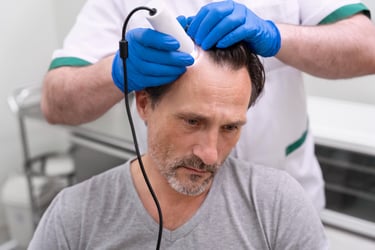
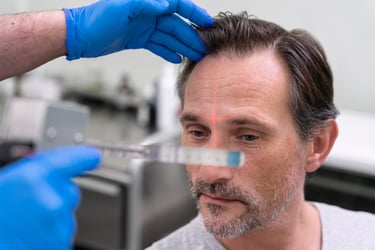
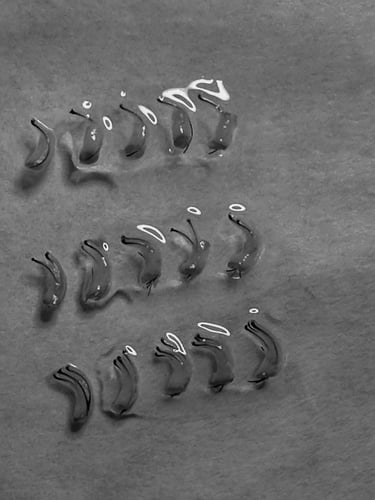




What problems does hair transplant surgery treat?
Androgenetic alopecia
Progressive hair loss in men and women
Scarring alopecia
Hair loss due to burns, surgeries, or trauma
Areas with low hair density
Crown, hairline, or thinning areas
Lack of facial hair in eyebrows or beard
Due to genetic causes or scarring
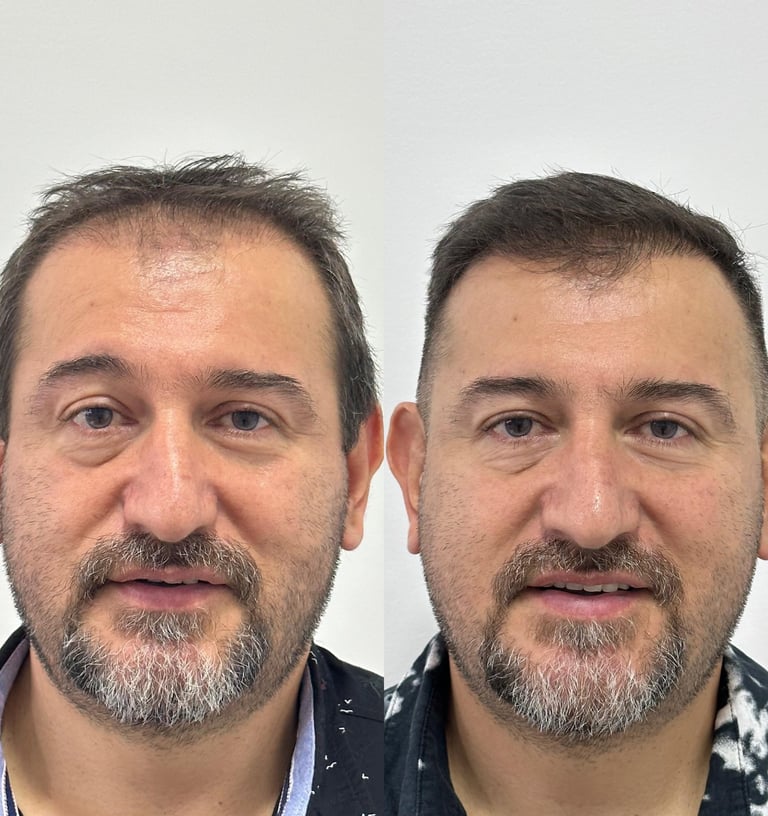

A hair transplant can restore your hair naturally and permanently!
Eyebrows
Eyebrow transplants to restore shape and density naturally
Beard
Beard transplants for a more defined, masculine appearance – ideal for patchy or thin facial hair
Scalp
Specialized hair transplants for the scalp to combat alopecia and restore hair density.
Scalp micropigmentation or transplants to conceal scars and renew confidenc
Scars








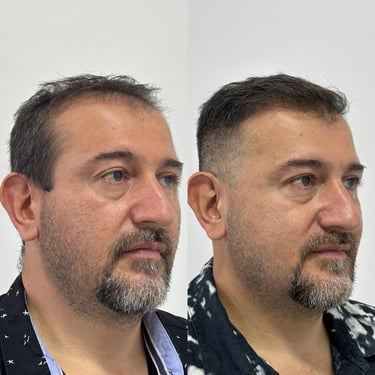
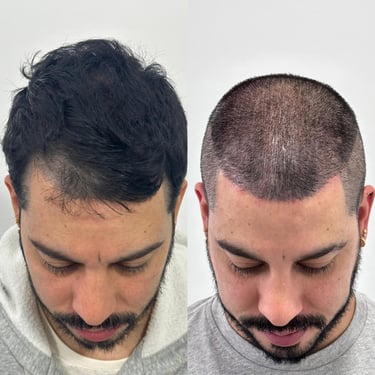
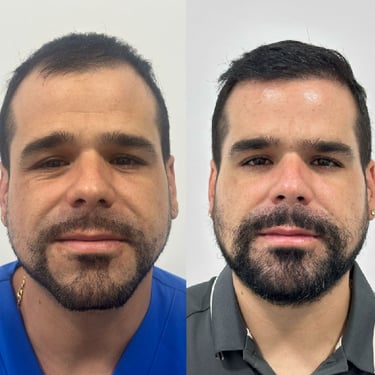
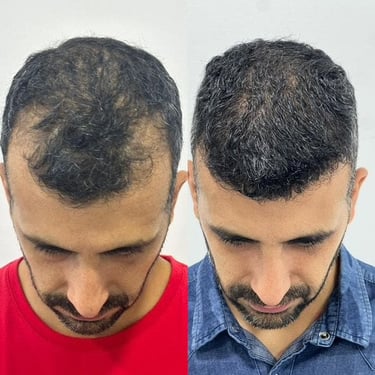
Get Your Hair Back with Natural Results
Hair transplant surgery is an effective solution for hair loss, using advanced techniques such as FUE (Follicular Unit Extraction). With specialized post-transplant follow-up, we ensure optimal recovery and effective results.
patients
Trust Our Specialized Services
The procedure was fast and painless. Within a few months, I saw my new hair growing.
-Laura M
I had a hair transplant, and the results exceeded my expectations. I feel more confident and younger now.
-Juan P
★★★★★
★★★★★
Benefits of
a Hair Transplant
Permanent solution for hair loss
100% natural-looking results
Minimally invasive procedure with no visible scars
Fast and safe recovery
The Doctor Answers
Am I a candidate for a hair transplant?
If you're experiencing advanced hair loss and have a suitable donor area, you may be eligible for a hair transplant. A medical evaluation is recommended to confirm your candidacy.
Is the procedure painful?
No. It’s performed under local anesthesia, ensuring a comfortable and pain-free experience.
How long does recovery take?
Recovery is quick. You can resume your normal activities in just a few days, following medical instructions.
